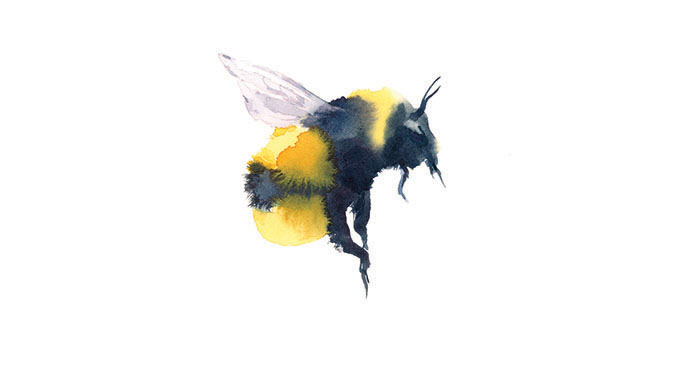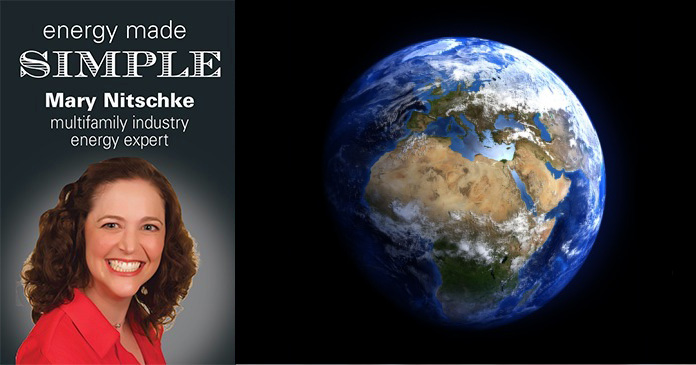The fable of bees (or private vices, public benefits) was written in 1714 by Bernard Mandeville, who is today considered one of the first purveyors of economic theory. At the time of his writing he was thought a heretic.
In his work, Mandeville describes a beehive that thrives until the bees decide to live solely by honesty and virtue, abandoning any desire for mutual gain. Subsequently, the economy of their hive collapses.
Mandeville believed that, like animals, humans naturally follow their passions. However, unlike animals, men can learn empathy and modify their behavior for the social benefit that returns in the form of fiscal prosperity. In other words, provide value to society and it will, in return, provide opportunity for prosperity.
Mandeville’s work is one of the first expressions of the benefits of a law-based society, division of labor, the freedoms needed for personal accomplishment and the seeming paradox that pursuing your own self-interest is best done by providing value to others—decades before these concepts were elucidated by Adam Smith.
The American Dream is alive and well. Those principles found in the beehive three centuries ago went on to create our nation’s fertile soil of opportunity that has allowed multifamily housing enterprises to take root and flourish. The heart of the country’s enduring success continues to create prosperity for all those with the wisdom to “plant corn and expect to harvest corn” in the words of financial guru Dave Ramsey.
The alternative is planting nothing—and expecting corn, or watching the farmer toil in the hot field, and then becoming envious that he has corn and you don’t.
When we divert from the work ethic that built this nation, or when workers are precluded from acting upon this work ethic, things begin to come apart at the seams.
I write this from locked-down California. Air quality is in the mid 200s due to uncontrolled wildfires. Electricity is a crapshoot with planned rolling blackouts. On a Sunday with no church. We all have our disadvantages.
Belief is true privilege.
If you think you can, or if you think you can’t, you’re right. (Henry Ford)
That’s reality. That is the heart of the entrepreneurial drive, the lifeblood of success and the key to prosperity.
Character has consequences. The beginning of wisdom is realizing that if you make a bad decision, it is your fault.
The moment you truly believe that you live in a cause-and-effect world, that which you sow, you reap—you will thrive. With that basic understanding, the world becomes a different place. You change for the better.
Obstacles do not overwrite cause-and-effect. If you believe you will reap what you plant, you live at the heart of wisdom and will plant the seeds of success. That is reality, even where air, electricity, water—and freedom, especially freedom—hang in the balance.
Personal responsibility lies at the root of our nation’s prosperity and at the heart of business opportunity. The nation, our industry, our livelihoods depend on it. And it’s the only thing that is certain to work in a beehive.













